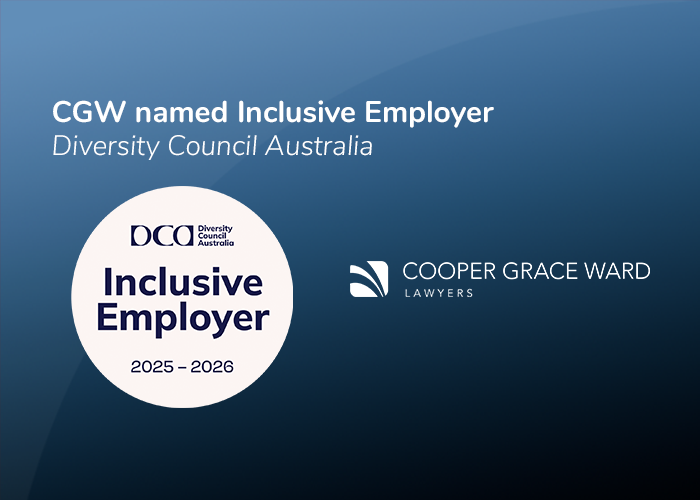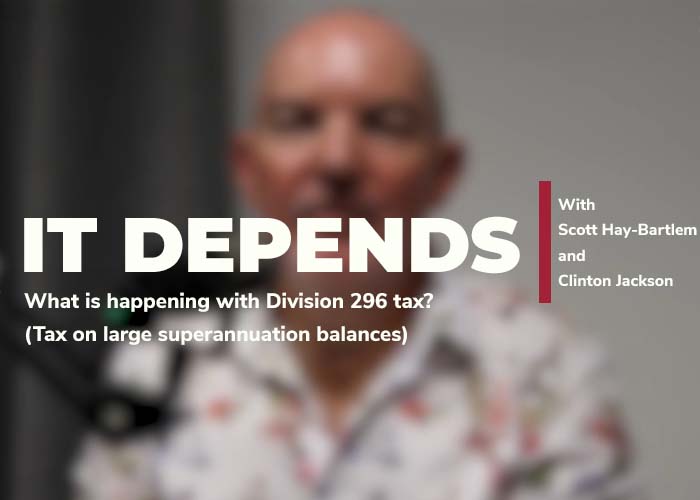The recent decision in Perry v Nicholson [2017] QSC 163, has stressed the continuing importance of ensuring that all previous trust deed amendments and changes of trustee are properly documented, signed and dated and comply with the terms of the trust deed.
In this case the deceased’s adult child, Ms Perry, was challenging her father’s binding death benefit nomination (BDBN), which provided that all of his death benefit would be paid to his de facto spouse, Ms Nicholson. Ms Perry argued that the BDBN was invalid because of some technical imperfections in a change of trustee almost two years before the BDBN was signed.
Fortunately for Ms Nicholson (and the deceased’s accountant), the court upheld the effectiveness of the change of trustee even though the documents prepared by the accountant did not strictly comply with the requirements in the trust deed.
Had the Court applied the stricter approach from previous cases, the change of trustee may well have been invalid, which could have then resulted in the BDBN being ineffective. This was the case in Moss Super Pty Ltd v Hayne [2008] VSC 158, where the Court found that an earlier resignation signed by the trustee rendered a later change of trustee ineffective, unravelling the deceased’s expressed estate planning intentions.
What must you do
This case is a timely reminder of the importance of correctly documenting variations and changes of trustee for family trusts, unit trusts and SMSFs.
Any mistakes, no matter how minor, could potentially lead to your client losing control of the trust or SMSF, adverse estate planning outcomes, or, in the case of SMSFs, breaches of the Superannuation Industry (Supervision) Act.
There are a number of steps that can be taken to ensure variations and changes are correctly documented.
- The variation or change of trustee must be strictly in accordance with the trust deed. Read the deed.
- The documentation prepared must leave no room for error. All too often we see a series of template documents used that are not consistent with each other or the requirements of the trust deed.
- Ensure that the documents have been properly signed (and witnessed) by all necessary parties and dated the date they were signed.
- Any documents that are prepared to confirm an earlier variation or change of trustee should be specifically prepared as a ‘confirmation’. It is not possible to just reproduce the necessary documentation at a later date and backdate it.
- If there are issues with the history of the trust (such as lost trust deeds or incorrect changes of trustee) that give rise to concerns about the terms of the trust or the identity of the trustee, seek advice about the implications and what steps can be taken.
With the increasing prevalence of estate challenges and disputes about payment of death benefits, make sure that your clients (and, just as importantly, your practice) are not the next Perry v Nicholson.
CGW offers a range of fixed price services for updating trust deeds, changing trustees and amending control provisions in family trusts. We can also undertake a complete review of the history of a trust or SMSF to ensure that there are no issues likely to cause a problem.
If you would like to discuss this case or how we can assist you and your clients further, please contact a member of our team.





